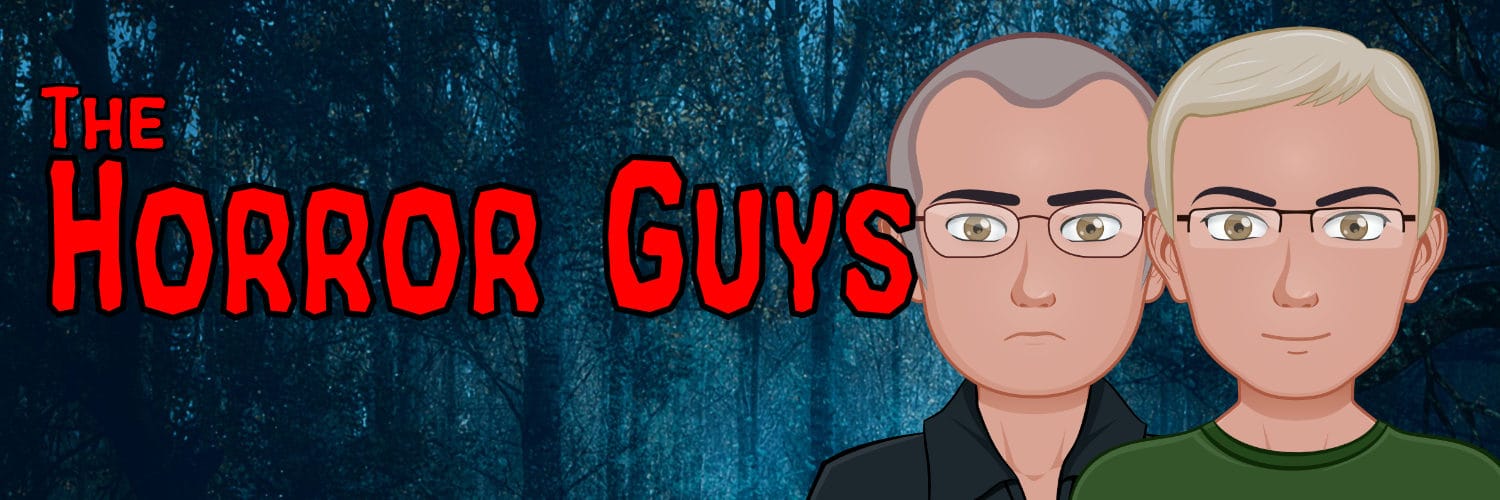- Directed by Thomas Hamilton
- Written by Thomas Hamilton, Ron MacCloskey
- Stars Guillermo Del Toro, Ron Perlman, Christopher Plummer
- Run Time: 1 Hour, 39 Minutes
- Trailer: Boris Karloff: The Man Behind The Monster (2021) – Official Trailer (HD)
Synopsis
When asked about his break-out role, people expected Karloff to talk about Frankenstein, but he always considered it to be his role in “The Criminal Code from” (1930). This documentary contains a huge number of interviews with people who worked with Boris Karloff over his 60-year-long career, as well as reflections from his daughter.
It obviously starts off explaining how Frankenstein was originally planned to be a vehicle for Bela Lugosi, Universal’s up-and-coming megastar. Bela wasn’t too thrilled with the non-speaking role, and James Whale didn’t really want him anyway. Whale decided to go with Karloff instead. Karloff and Whale worked again on “The Old Dark House” (1932).
Not long after, he became an actual star in “The Mask of Fu Manchu” (1932) and then “The Mummy” (1932). At that point, he pretty much became a household name.
From there, the documentary steers into the childhood of young William Henry Pratt. His mixed-race ethnicity and family legal issues were an ongoing theme in his youth, but he eventually fell in love with the theater. He then got numerous small parts in the teens and early 20s. There were a lot of “throwaway” films that were cranked out quickly and forgotten. At one point, he quit and went back into construction, which caused Boris lifelong back issues.
Karloff was instrumental in helping to found the Screen Actor’s Guild, SAG, partly due to conflicts he endured during shooting Frankenstein and The Mummy. He was a firm believer in working hard and being professional, but that actors needed to have rights and be respected as well.
Broadway called, and “Arsenic and Old Lace” reinvigorated Karloff’s career. Because of his commitment to the stage play, he missed out on being in the film version, as well as the remake of Phantom of the Opera. After World War II, horror movies in general dried up for a while, so he went back to Broadway.
He got yet another revival with TV and the Shock Theater films of the late 50s. This led directly to the TV anthology series “Thriller” which eventually led to his collaborations with Roger Corman toward the end of his career.
Commentary
It’s… fine.
It does, in fact, talk quite a lot about Karloff’s film career, especially his early stuff, but there’s not a lot of surprises here. It feels thoroughly by-the-book as far as biographies go, but there’s nothing especially stand-out in any of it. Granted, we have seen all these movies, so there wasn’t much about Karloff that we hadn’t already known, but it was just… unexciting. It may be better for someone who isn’t an expert on Karloff, but I won’t say that for a fact. It all just feels a bit uninspired.

